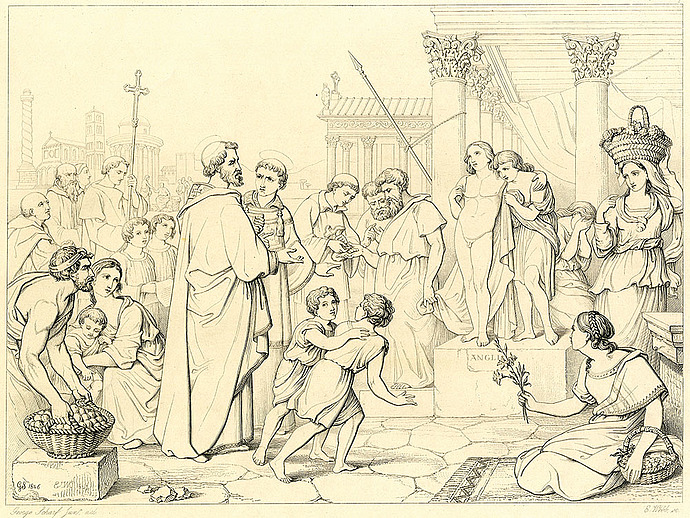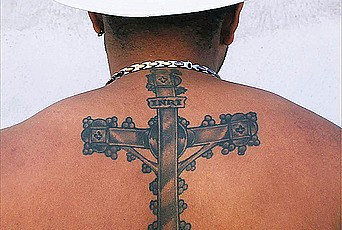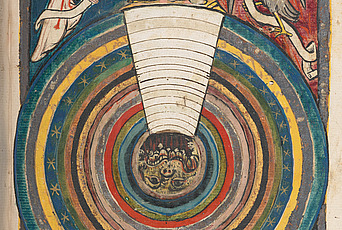
Age of intolerance?
"In this and other tales from the period, the color of the sultan’s skin has a deeper meaning: His black skin is a metaphor for his non-Christian soul, according to Cord Whitaker, associate professor of English at Wellesley College, a [M]ember of the Institute for Advanced Study, and one of the founding members of the Princeton collaboration.
Whitaker explored the range of meanings of blackness in his book, Black Metaphors: How Modern Racism Emerged from Medieval Race-Thinking (University of Pennsylvania Press, 2019). Blackness could represent a sinful soul, but it could also represent holiness, as in the example of the black St. Maurice, patron saint of the Holy Roman Empire. Whitaker defines race-thinking as the ways in which medieval-era societies viewed differences between peoples.
. . .
It was common to believe that environment determined one’s physical appearance and mental and physical abilities, said Suzanne Conklin Akbari, professor of medieval studies at the Institute for Advanced Study. Just as certain types of plants grow in specific geographic regions, the theory went, human attributes developed depending on one’s climate."
Read more at Discovery.


